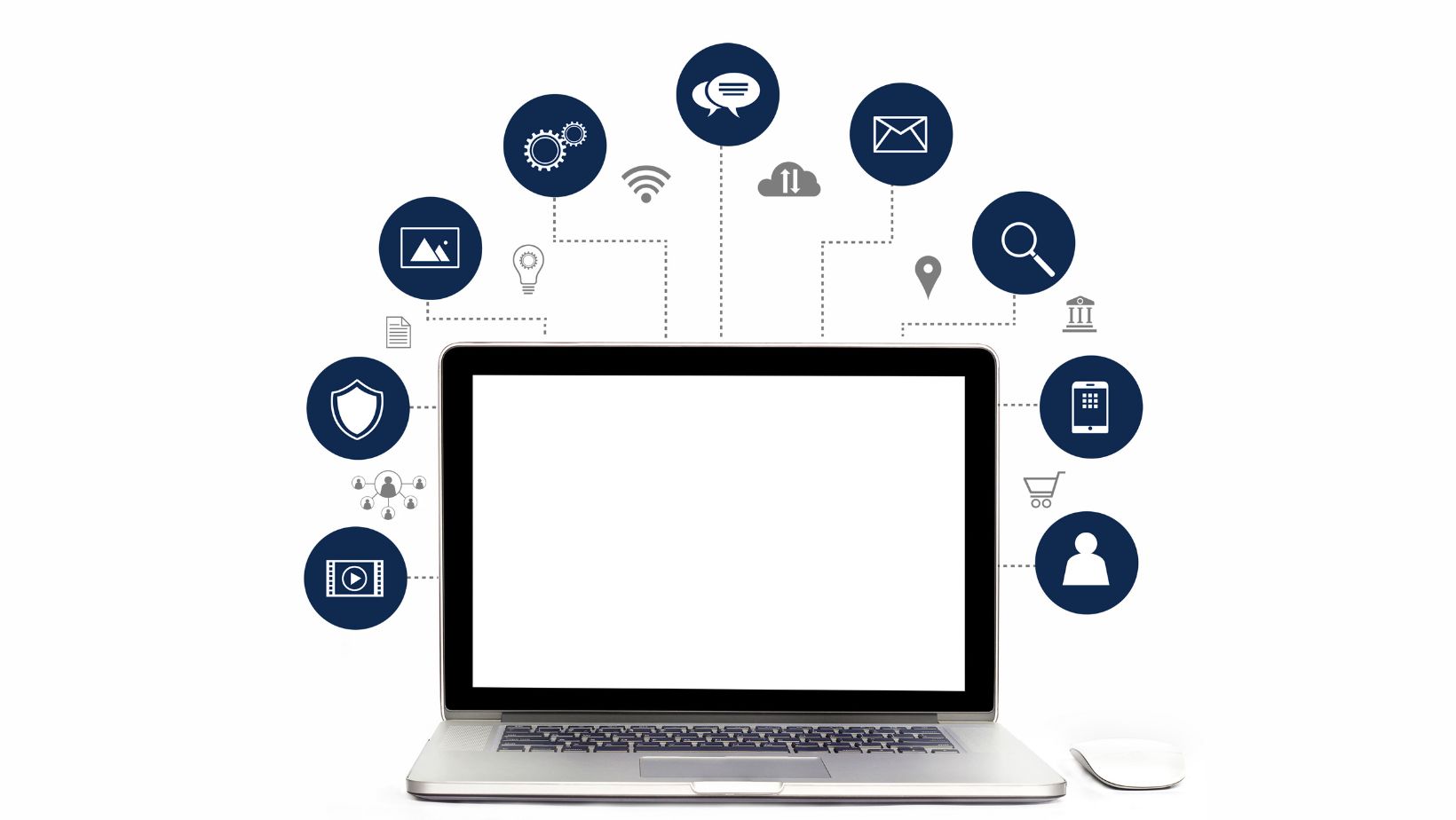
In today’s fast-paced digital landscape, higher education institutions are undergoing a significant shift towards embracing digital transformation. This shift is not only revolutionizing the way students learn but also how educators teach and how institutions operate. With the integration of cutting-edge technologies, such as artificial intelligence, virtual reality, and online learning platforms, the traditional classroom setting is evolving into a dynamic and interactive digital environment. Digital transformation in higher-education is reshaping the learning experience, making education more accessible, personalized, and efficient. Students can now access course materials, collaborate with peers, and engage with professors anytime, anywhere. This transformation is not just about incorporating technology but fundamentally changing the way knowledge is imparted and acquired. As universities adapt to this digital era, they are creating a more adaptable and future-ready educational ecosystem for the next generation of learners.
Digital Transformation In Higher Education
Higher education institutions are rapidly embracing digital transformation to keep pace with the demands of the modern digital era. This shift is reshaping the learning landscape, transforming teaching methodologies, and revolutionizing operational practices across universities. By incorporating cutting-edge technologies such as artificial intelligence, virtual reality, and online learning platforms, traditional classrooms are transitioning into dynamic, interactive digital spaces. This evolution aims to enhance accessibility, personalize learning experiences, and optimize efficiency within the educational realm, empowering students to engage with course materials, collaborate with peers, and interact with professors regardless of time or location. The adaptation of digital tools is fundamentally altering the dissemination and acquisition of knowledge, fostering a more adaptable and future-oriented educational environment for upcoming generations of learners.
Improving Access and Flexibility

Digital transformation in higher-education is opening up new avenues for improving access and flexibility for students. Through online learning platforms and virtual classrooms, individuals can now participate in educational programs without being bound by geographical constraints or traditional scheduling limitations. This shift towards digitalization not only enhances the accessibility of educational resources but also offers a flexible learning environment that accommodates diverse student needs and preferences. As a result, students have the freedom to access course materials, engage in collaborative activities, and communicate with instructors at their convenience, fostering a more inclusive and accommodating educational experience.
Enhancing Learning Outcomes
The integration of digital technologies in higher education is playing a pivotal role in enhancing learning outcomes for students. By leveraging tools like artificial intelligence and virtual reality, educators can create immersive and interactive learning experiences that cater to individual learning styles and preferences. These technological advancements enable personalized learning pathways, real-time feedback mechanisms, and adaptive assessment tools that empower students to engage more deeply with course content and master complex concepts effectively. As a result, the digital transformation of higher education is not only revolutionizing the way knowledge is imparted but also significantly improving learning outcomes by promoting active participation, critical thinking, and knowledge retention among students.
Key Technologies Driving Change
Learning Management Systems (LMS)
Revolutionizing the educational landscape, Learning Management Systems (LMS) have become pivotal in higher education’s digital transformation journey. LMS platforms like Moodle, Blackboard, or Canvas offer a centralized hub for course materials, assignments, discussions, and grades. They streamline administrative tasks, foster collaboration, and provide real-time feedback to students and educators. By integrating LMS into their academic frameworks, universities enhance accessibility, personalize learning experiences, and create an interactive virtual environment for students and instructors to engage seamlessly. The adaptive nature of LMS enables institutions to cater to diverse learning styles, ensuring a more inclusive and dynamic educational experience for all.
Artificial Intelligence and Analytics

Artificial Intelligence (AI) and analytics are reshaping the future of higher education, empowering institutions with data-driven insights for informed decision-making. AI technologies, such as chatbots, virtual assistants, and automated grading systems, enhance administrative efficiency, student support services, and personalized learning pathways. By leveraging AI algorithms, universities can analyze student performance metrics, predict learning outcomes, and customize educational content to meet individual needs. Data analytics play a crucial role in identifying trends, improving retention rates, and optimizing resources allocation within academic settings. Through AI and analytics, higher education institutions deliver tailored educational experiences, foster student success, and adapt to the evolving demands of a digital learning environment.



